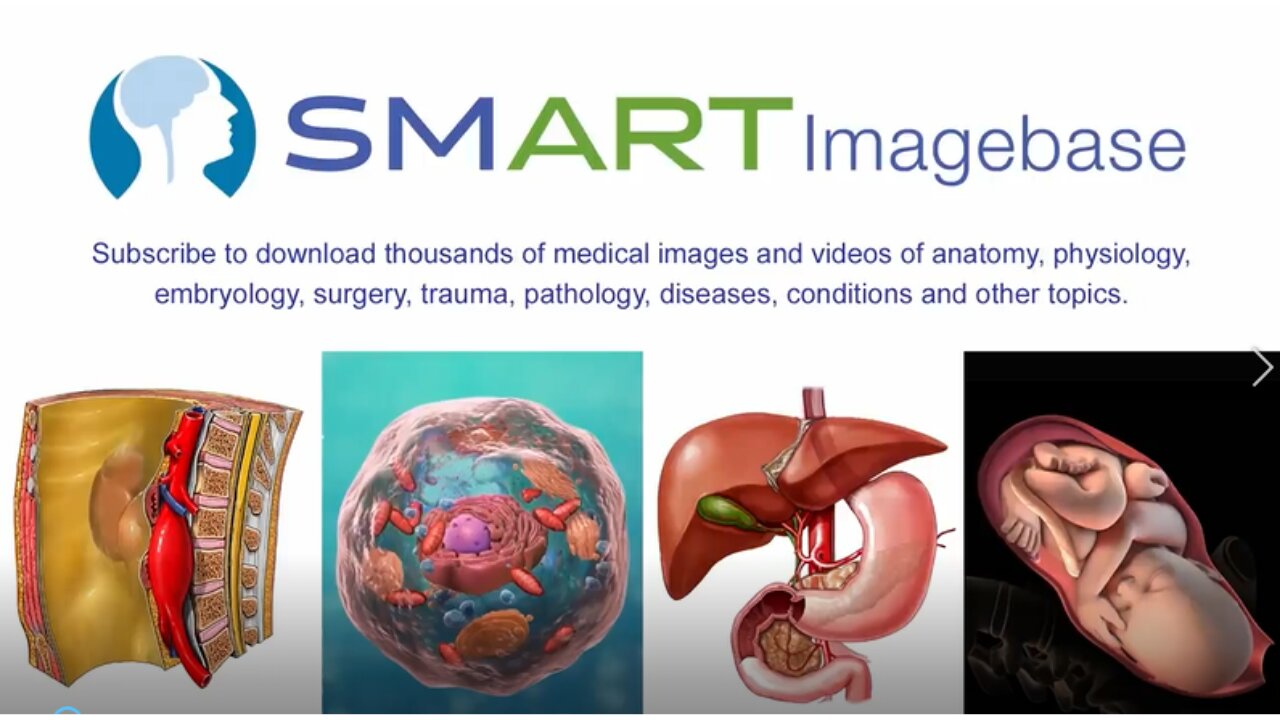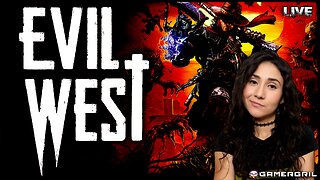Premium Only Content

What is a Vaccine?
MEDICAL ANIMATION TRANSCRIPT: Immunization is the process of becoming immune to or protected against a disease usually by receiving a vaccine. Vaccines stimulate your immune system to protect you from certain diseases so you won't get sick or get an infection. Normally, the organs and cells of your immune system defend your body from harmful germs, such as bacteria and viruses. Immune cells are constantly circulating through your body. They monitor certain substances on the surfaces of cells called antigens. Healthy cells have different antigens than diseased body cells or foreign invaders in the body. Immune cells usually ignore the antigens on healthy cells. But when immune cells come across antigens on germs, they destroy the germ. Afterward, the immune cell displays the germ's antigen on its surface. This activates other types of immune cells to help get rid of the infection. For example, some activated immune cells recognize the antigen on infected body cells and then destroy them. Other activated immune cells, called plasma cells, make molecules called antibodies. These antibodies travel through your body and lock on only to germs that have its specific antigen. This marks the germ for destruction. Then other immune cells attack the germs that have these antibodies. Once the infection is gone, some of the immune cells that were exposed to the antigen become memory immune cells. In the future, if the same type of germ infects your body again, the memory immune cells will be ready to destroy it so you don't get sick. This is called natural immunity. In many cases, it will last your whole lifetime. The problem with getting natural immunity from having the disease itself is that some naturally acquired infections can cause serious complications or may even be deadly. For example, polio can result in permanent paralysis or death. Measles can cause swelling of the brain resulting in permanent brain damage or death, especially in children under age 5. And whooping cough also known as pertussis can cause complications such as pneumonia, slowed or stopped breathing, and death, especially in babies under 1 year of age. While symptoms may not be severe in all people, it's not possible to know who will be affected enough to become very ill or even die. Vaccines can protect you from getting these diseases and their harmful symptoms. Vaccines often contain a small amount of weakened or killed germs, but some contain genetic material such as RNA or DNA that provide instructions for your body's own cells to make the germ's antigen. Usually, you receive a vaccine as a shot. Inside your body, the germ particles in the vaccine teach your immune cells to attack these germs. This process doesn't make you sick, but it does cause your body to make memory cells and antibodies for those germs. As a result, if that germ infects your body later in life, your immune system is ready to fight the infection so that you don't get sick. The main types of vaccines include: live attenuated vaccines, inactivated vaccines, toxoid vaccines, subunit and conjugate vaccines, mRNA vaccines, and viral vector vaccines. Live attenuated vaccines use alive but weakened germs. They're most like a natural infection and provide a strong disease immunity, examples are the measles, mumps, rubella, chicken pox, and flu nasal spray vaccines. Inactivated vaccines use inactive or killed germs. You may need several doses or booster shots over time. Examples are the hepatitis A, flu, polio, and rabies vaccines. Toxoid vaccines protect against harmful substances made by germs called toxins. They use weakened versions of the toxins called toxoids. You may need booster shots to maintain protection against diseases. Examples are the diphtheria and tetanus parts of the DTaP vaccine. Subunit and conjugate vaccines use only a specific part of a germ. They provide strong immunity to that key part of the germ. These vaccines may also require booster shot. Examples are the pertussis part of the DTaP vaccine and the hepatitis B vaccine. Instead of using germs or toxins, mRNA vaccines contain a special type of RNA called messenger RNA or mRNA. mRNA instructs your cells to make the germ's antigen, which triggers an immune response...
-
 5:40:13
5:40:13
412 Productions
9 hours ago $5.72 earnedSunday night gaming - 7 Days to Die
50.6K4 -
 2:16:02
2:16:02
Nerdrotic
12 hours ago $17.77 earnedUFO Reality Revealed | New Homos | Jacques Vallée Remote Viewing | Forbidden Frontier #094
70.1K18 -
 1:06:38
1:06:38
Cooking with Gruel
1 day agoCooking with Michael Franzese
31.4K5 -
 16:53
16:53
Chris From The 740
15 hours ago $6.56 earnedMec-Gar Glock Mags Review: Don't Believe The Hype!
51.2K19 -
 2:27:16
2:27:16
vivafrei
18 hours agoEp. 255: NO CONSTITUTION IN SEATTLE! Trump Invokes Alien Act! Hail King Carney! Green Card Revoked!
207K218 -
 3:02:01
3:02:01
Pepkilla
14 hours agoCod FEesh
85.8K5 -
 4:04:33
4:04:33
GamerGril
14 hours agoE-GRIL HOT TUB STREAM EXTRAVAGANZA
91K16 -
 23:00
23:00
TimcastIRL
15 hours agoLiberals DESTROY Electric Cars Proving CONSERVATIVES RIGHT, They Don’t Care About Climate Change
99.3K81 -
 58:28
58:28
Vedic compatability astrology
11 hours ago"Coffee W kingpins: Astrology & Love Compatibility: Find Your Perfect Match Using the Stars!"
19.1K5 -
 1:36:19
1:36:19
The Patriots Prayer Podcast
2 days agoTom MacDonald | The Hangover Gang Edition of PPN
80.4K29